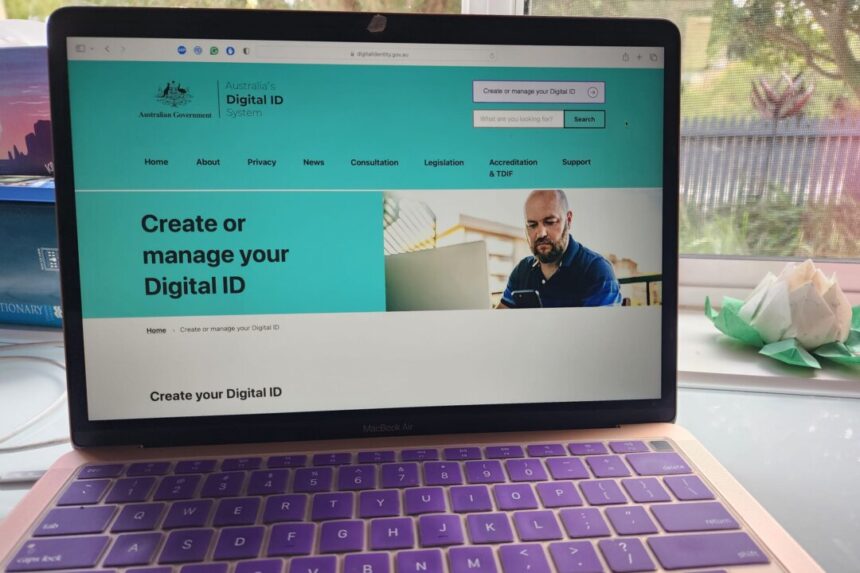NDIS Minister Bill Shorten announced the Trust Exchange (TEx) system, which aims to provide users with choice, consent, and trust. This digital ID verification system is designed to allow Australians to have control over their data. Shorten emphasized that TEx is not a wallet, app, or ID, but rather a secure method for exchanging identity and credentials with third parties. The system will utilize myGov and myGov ID to enhance the security and trustworthiness of personal information sharing. Shorten highlighted the potential benefits of TEx, including giving users control over their data and providing a decentralized model for enhanced privacy and security. The system is currently in the proof of concept stage. Shorten mentioned that TEx would work on establishing the ability to issue verified credentials, selectively share information, and prove identity without disclosing information by December. Additionally, he stated that over the next few months, Medicare, DVA, organ donor, and concession cards would be added to the system. By January 2025, the proof of concept would be completed, and options for pilots would be assessed.
However, concerns have been raised about the Digital ID system by some politicians, including Liberal Senator Alex Antic, who warned that Australia could be heading towards a “dystopian digital future” following the passing of the Digital ID bill in the Senate. The bill provides a legal framework for the Australian government’s Digital ID system and sets up an accreditation scheme for entities offering digital ID services. It was passed by Parliament in May and is scheduled to take effect in November 2024.
In a recent interview, Antic expressed skepticism about the government’s ability to protect people’s data with the digital ID system, calling it a potential “digital surveillance state trap.” He highlighted the risk of data breaches and hacks, emphasizing the attractiveness of the system to hackers.
Furthermore, Antic has introduced a digital ID repeal bill in the Senate, co-sponsored by other senators, to address these concerns. A petition calling for the scrapping of the digital ID legislation has also garnered over 125,000 signatures.
Overall, while the Labor government is promoting digital ID as a means of safeguarding Australians’ data, there are apprehensions about its implications for freedom and democracy, as well as concerns about data security and privacy.
Source link






